Adding new senses is nothing new in biohacking community. Back in 2014 Dutchman Maarten Den Braber installed a magnet at before his keynote at Biohacker Summit. He was not the first one to opt in for an idea of gaining the new body ability to sense electromagnetism. The first experiments with magnetic implants were registered in 2012. Today, what happens when people attach a new sense in their bodies is being addressed in new qualitative studies from top universities in the world.
“By the end of the next decade adding new senses will be as common as having a mobile phone is today”, says Liviu Babitz, co-founder of Cyborg Nest, a company working in the field of sensory augmentation.
Researchers from Ravensbourne, London School of Economics (LSE) and Central St. Martins (CSM) are taking sensory augmentation to the next level by launching a joint research project to determine the effects of adding new senses to humans. The study is based on the North Sense, non-medical semi-invasive enhancement product designed by Cyborg Nest and will address what it means to be human in a world with the opportunity of sensory augmentation.
The North Sense is an exo-sense, which means that it sits outside the body but is permanently attached like your other sense organs. It allows a person to sense the electromagnetic field of the planet. The sensor is typically attached to the centre of the upper chest and gently vibrates when facing magnetic north.
The North Sense allows a person to experience a magnetic force that cannot otherwise be perceived with the existing five senses. Once the North Sense is permanently attached a steady stream of raw data is converted into information by the brain. This new information has the potential to impact in unprecedented ways upon memories, emotions and behaviour.
North Sense users are the first to choose to have an extended perception of the world that has not been accessible to humans before. By studying a product designed to be a permanent extension of the human body, rather than a mere tool that is used as and when needed, the research will also deliver insight into the novel relationships between human nature and technology.
Carl Smith, Director of The Learning Technology Research Centre (LTRC) and Principal Research Fellow at Ravensbourne, explains: “We are chained to a limited range of perceptions and as a result we are subscribing to a specific version of reality (or an ‘UMWELT’). To hack and explore our UMWELT we must shape our tools with the knowledge that thereafter those tools will shape us. Ultimately however, to properly explore our perceptual experience, we must understand the rules that govern our minds and bodies.”
In a world AI is making our phones, cars, homes and computers smarter, Babitz aims to make people smarter with the use of biohacking. Hundreds of people have begun permanently attaching the North Sense to their bodies but nobody has looked at the consequences until now. Cyborg Nest is by far one of the first use cases of an important study into the implications of sensory augmentation.
Cyborg Next hopes that the research will provide a clearer understanding of sensory augmentation and will add clarity to the ethical, legal and policy aspects surrounding human enhancement technologies. Liviu Babitz will showcase the North Sense and discuss the topic of humans with new sensory organs from at Biohacker Summit.

Leave a Reply